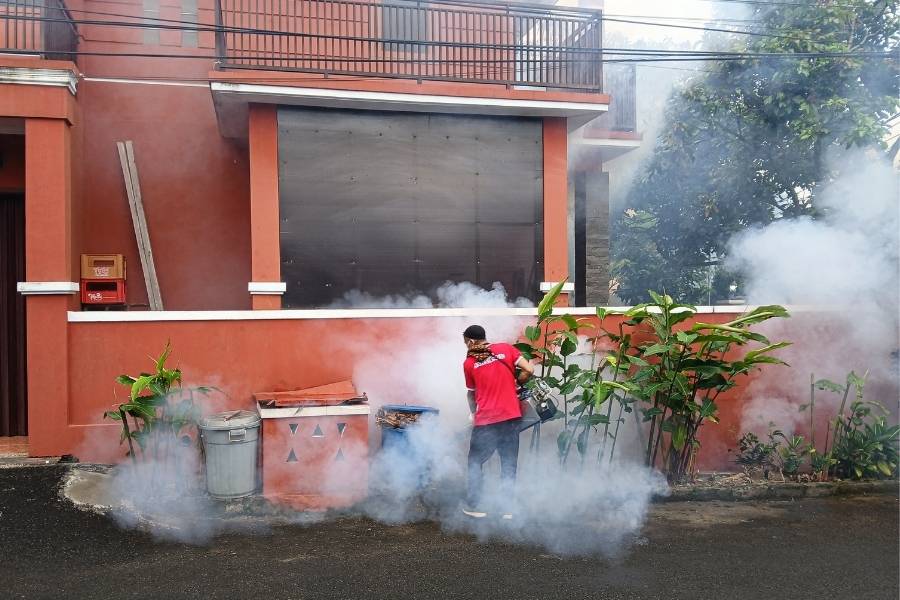If you have grown up in Behala, a persistent, high-pitched hum has been a part of your life. If life were a Bollywood movie, this buzzing soundtrack would be the background score. No, it’s not the metro construction (though that’s another story); it's about the oldest, most consistent cohabitants of Behala — mosquitoes. This National Dengue Day, a Behalabashi looks back to when residents waged a battle (and still do in some areas) against the six-legged, winged menace.
The 6pm curfew
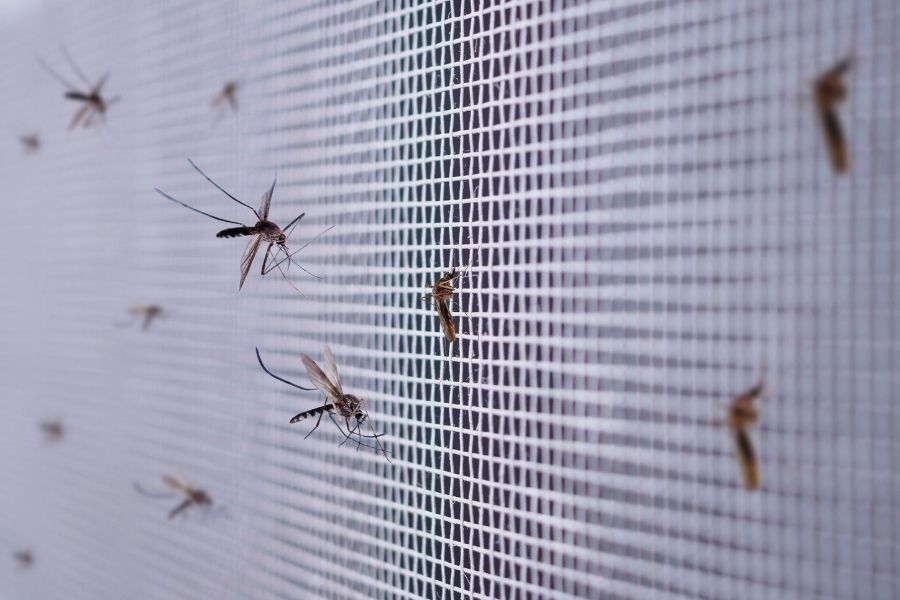
In Behala, the day effectively ended at 6pm. That’s when the windows were slammed shut, mosquito nets were pulled up and tucked in, and the war began. It didn’t matter if you had a sprawling garden or a cute little swing on your terrace — you never used them post-sunset. The moment the sun dipped, the mosquitoes took over. This was the time when mothers yelled from the kitchen, “Dorja khule dariye thakish na! Mosha dhukbe!” (Don’t open the door and stand, mosquitoes will come in). And if you dared ignore that warning, you were the evening buffet. While people counted sheep to fall asleep, we counted bites.
‘Dhoop’ was our tear gas
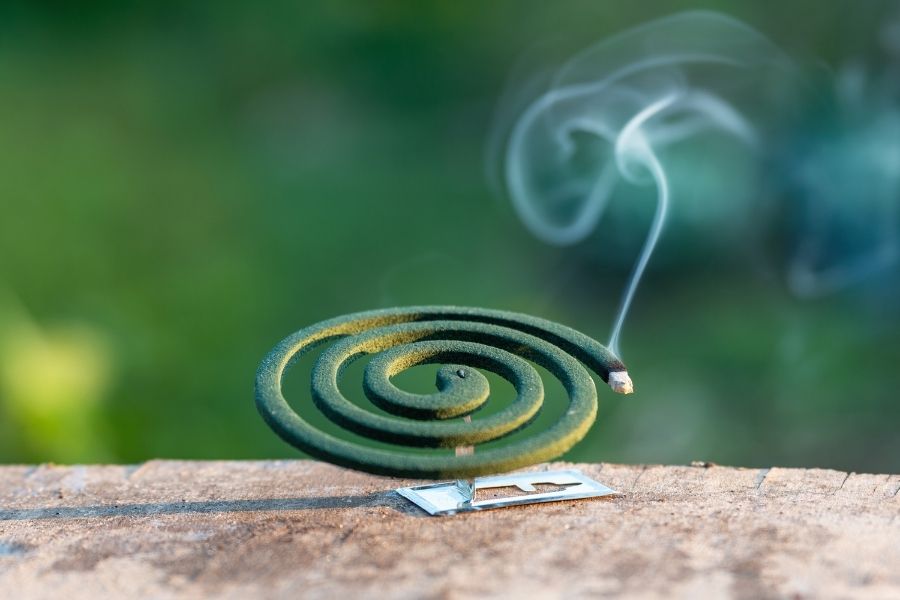
The war was elaborate. Forget citronella candles or fancy repellents — we had the Devi dhoop — a thick, smoking incense stick that could rival any riot-control strategy. The dhoop didn’t just chase mosquitoes away; it cleared out the entire room of people, too. Eyes watering, noses running, we all sat tolerating the smoke, because it was better than being eaten alive. Then came the coils. Those spiral-shaped slow-burners that choked the room with their toxic fog, but hey, no bites. A small price to pay for peace.
The combat racquet
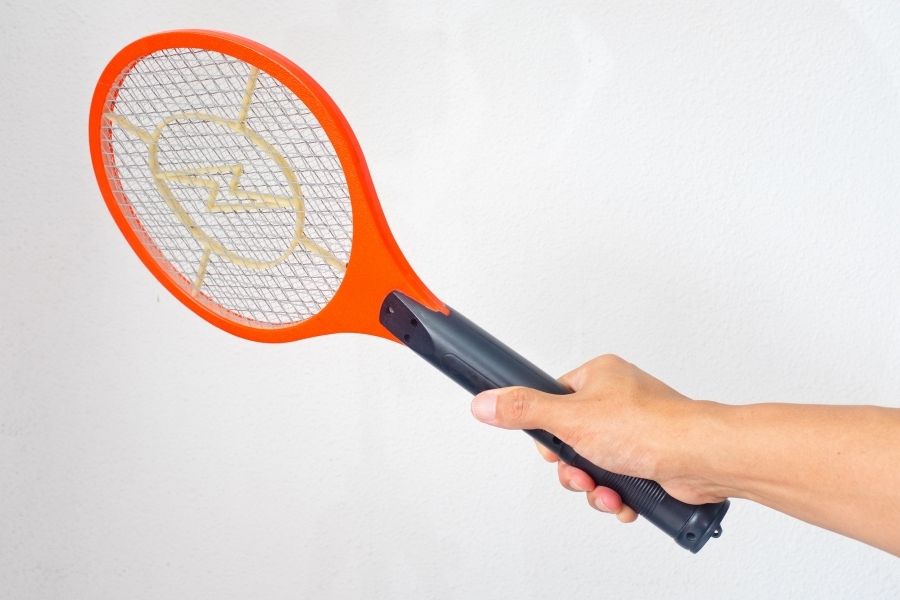
Even those who never played badminton in their lives proudly owned a mosquito racquet. Bright yellow or electric blue, the racket was more than a tool — it was a weapon of choice. You knew you were a true Behala resident when you could expertly aim, swing, and land that zap on target.
The All-Out generation
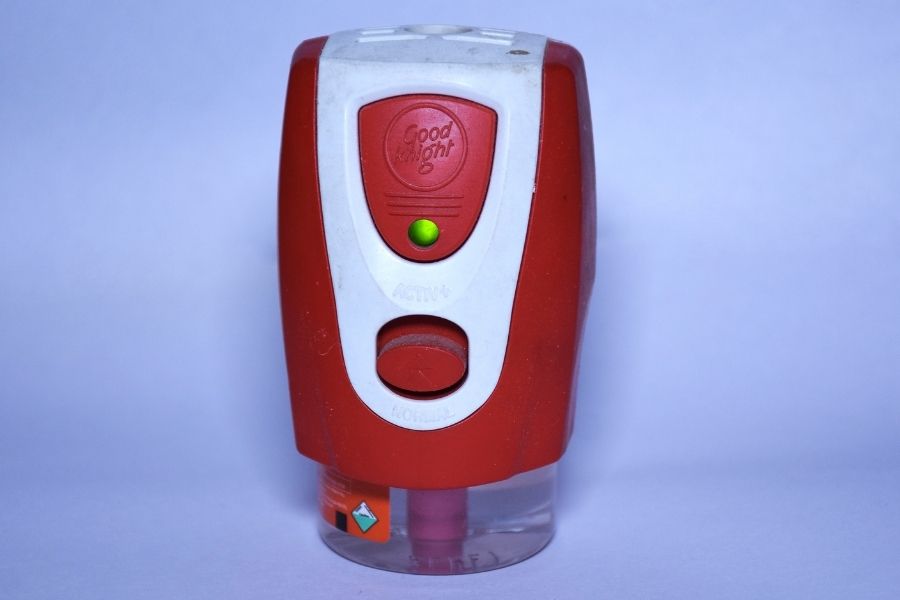
Behala kids were raised on the fumes of All-Out, Good Knight, and that noisy mosquito spray that came in bright yellow cans. Our childhood homes had power strips lined with multiple plug-in repellents, one in every room. And God forbid there was a power cut. Mosquitoes partied like it was New Year’s Eve, and the mandatory dress code was full sleeves.
Mosquito nets were prized gifts
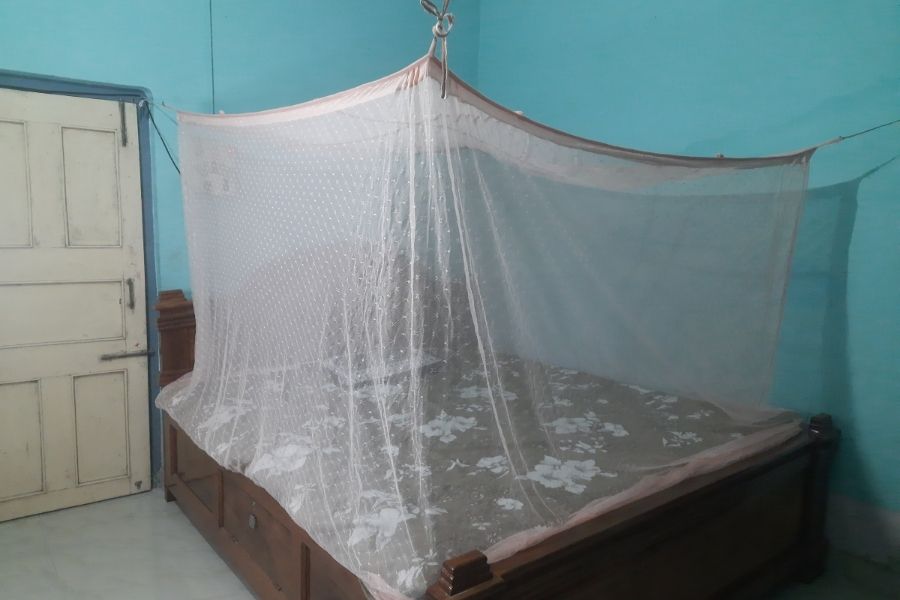
Here’s something that might shock much of the world — mosquito nets were actual gifts. New baby in the house? Don't bother with blankets or toys. Get them a proper mosquito net. Local clubs distributing winter relief? Nets first, sweaters later.
Rainy days = Mosquito raves
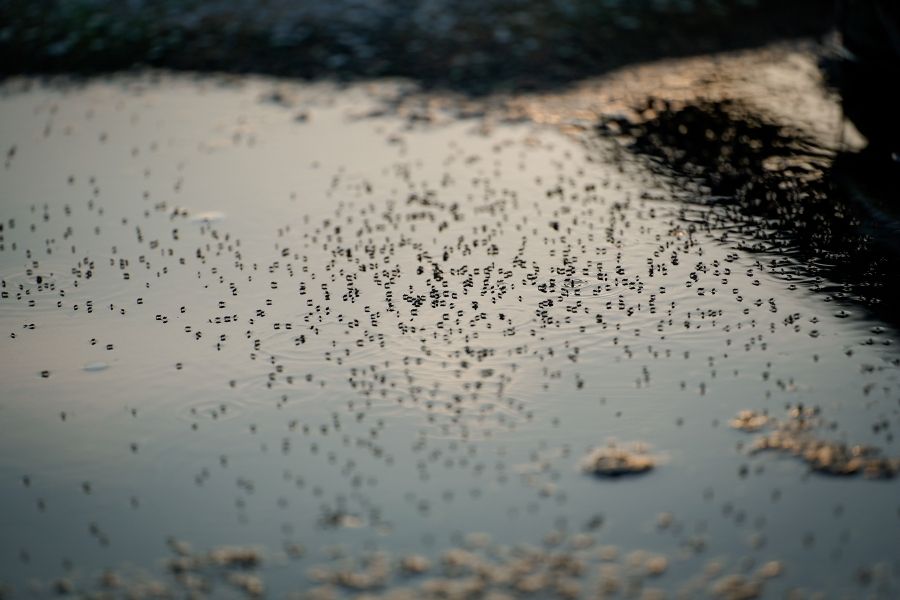
In most parts of the world, rain is considered romantic. In Behala, it’s a red flag. It starts with waterlogging (ankle-deep pools on your main road) and ends with an outbreak of mosquitoes so dense that you wonder if they are having a rave. The rainwater puddles become breeding grounds, and overnight, you’re under siege. Everyone talks about love in the monsoon — in Behala, we talk about ‘Machhar Bhai’ and his extended family.
The Behala scourge
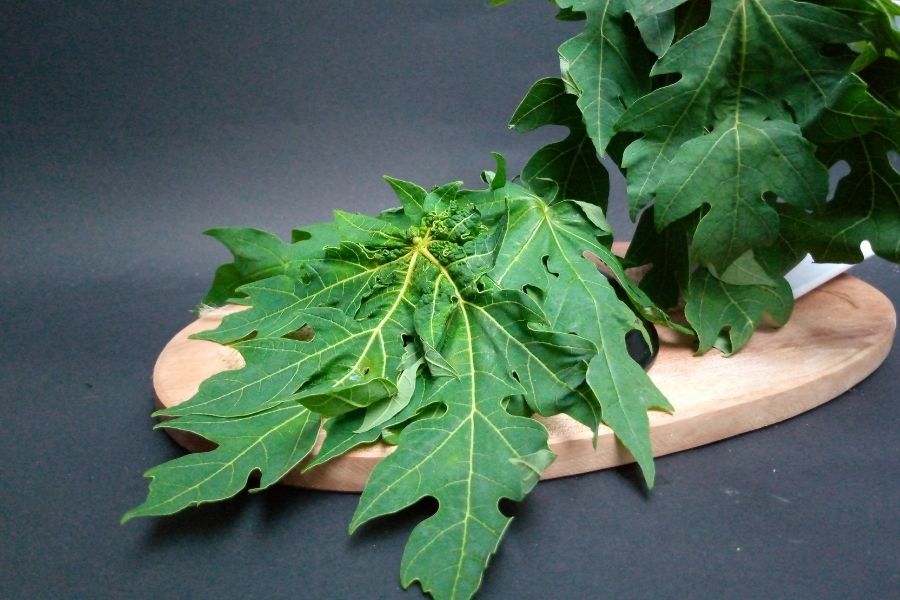
Before COVID-19 made headlines, Behala had its own recurring diseases — malaria and dengue. Every monsoon, school attendance dropped like flies (pun intended). Teachers gave up asking for medical certificates because half the class was on papaya leaf juice and paracetamol. It became a ritual. Fever? Platelet count? Have you had the juice yet? Grandmothers brewed bitter concoctions from papaya leaves, neem, and whatever else the neighbouring kakima suggested. Papaya trees in the neighbourhood were stripped bare, their leaves boiled and served — no questions asked.
Despite the health warnings, the fogging drives, and the occasional awareness campaign, the mosquito menace in Behala remains unchanged. Some even say the mosquitoes have acquired a taste for repellents. But here’s the thing: besides all its buzzing troubles, we love Behala. We may crib about the mosquitoes, but they are as much a part of our stories as the para clubs, Dada’s house next to ours, and the jam-packed auto rides. Because if you have grown up in Behala, you haven't just lived through seasons. You have survived every dengue season. You, too, are made of sturdy built.
